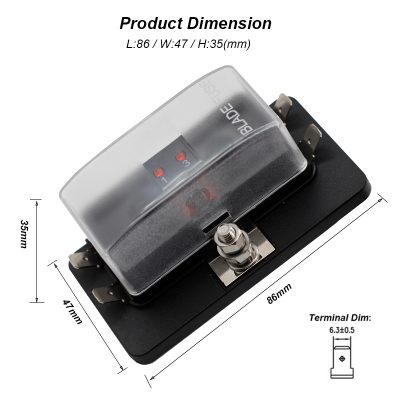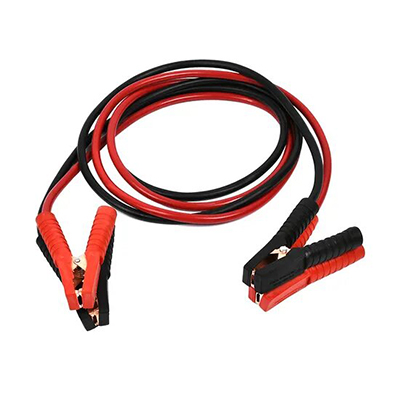Optimizing Automotive Fuse Durability: Key Insights on Replacement Intervals and Maintenance
News 2025-10-13
Automotive fuses are essential components in a vehicle’s electrical system, designed to protect circuits from overloads and short circuits. These small devices act as safeguards, breaking the circuit when excessive current flows, thus preventing damage to wiring and other components. Understanding the lifespan of car fuses is crucial for vehicle owners, as timely replacement can avoid costly repairs and ensure reliable performance. Fuses are commonly found in fuse boxes under the hood or dashboard, playing a vital role in everyday driving scenarios like powering lights, radios, and safety features. By knowing when and how to replace them, drivers can maintain optimal vehicle functionality and safety.

Varieties of Automotive Fuses and Their Performance Benefits
Automotive fuses come in several types, each offering specific advantages suited to different applications. Blade fuses, for instance, are compact and easy to install, making them ideal for modern cars with limited space. They provide quick response times to overcurrent situations, enhancing circuit protection. Glass tube fuses, on the other hand, are often used in older vehicles and offer clear visibility of the fuse element, allowing for easy inspection. This transparency aids in diagnosing issues swiftly. Mini and maxi fuses cater to varying current ratings, with mini fuses excelling in space-saving designs without compromising on reliability. Each type’s performance advantage lies in its ability to handle specific electrical loads efficiently, reducing the risk of failures in diverse driving conditions such as extreme temperatures or heavy usage.
Key Factors That Determine Fuse Longevity
Several elements influence how long a car fuse lasts, impacting its reliability over time. Environmental factors like heat and moisture can accelerate degradation, with high temperatures causing the fuse element to weaken faster. Usage patterns also play a significant role; frequent short circuits or power surges in urban driving shorten lifespan compared to steady highway use. Material quality affects durability, as high-grade metals resist corrosion better than cheaper alternatives. Additionally, the fuse’s amperage rating must match the circuit’s needs to avoid premature blowing. By considering these factors, vehicle owners can extend fuse life through proper installation and regular checks, ensuring consistent protection for critical systems like engine management and lighting.
Frequently Asked Questions
1、What is the typical lifespan of a car fuse?
Answer: Car fuses generally last 5 to 10 years, but this varies with usage and conditions.
2、How can I identify a blown fuse?
Answer: Look for a broken wire inside or use a multimeter; common signs include non-functional lights or accessories.
3、Is regular fuse inspection necessary?
Answer: Yes, checking fuses every six months or after electrical issues helps prevent failures and maintains safety.


